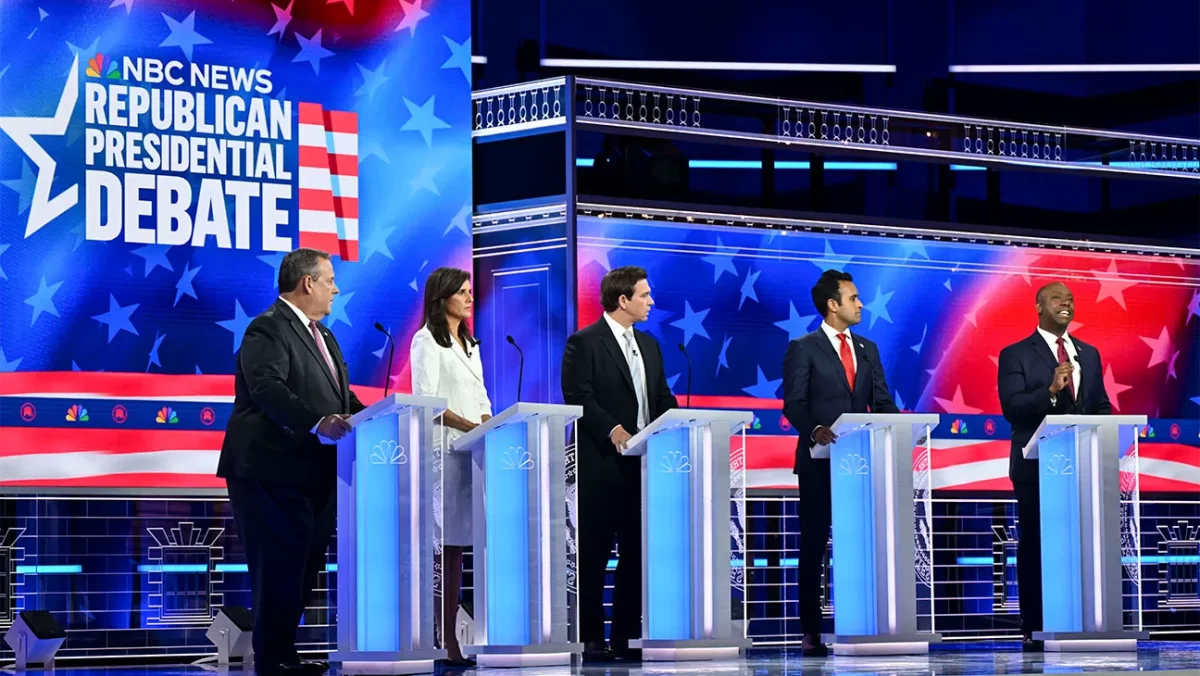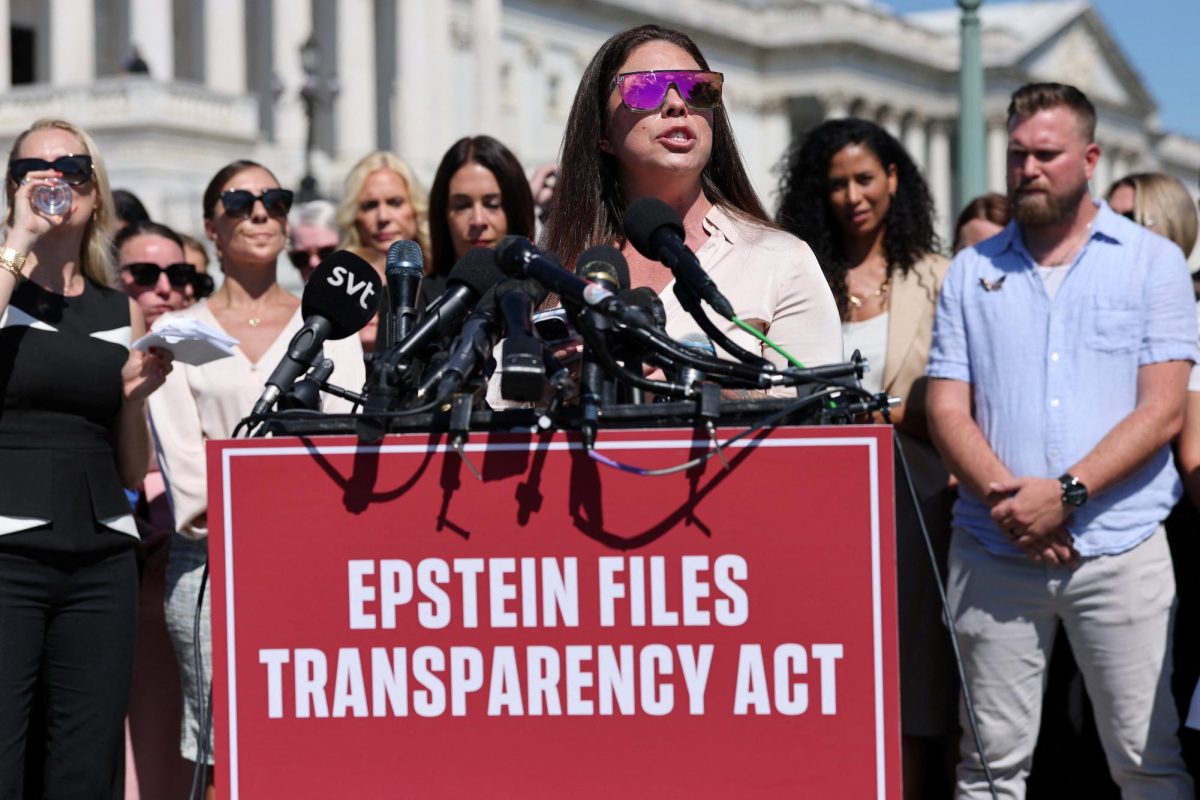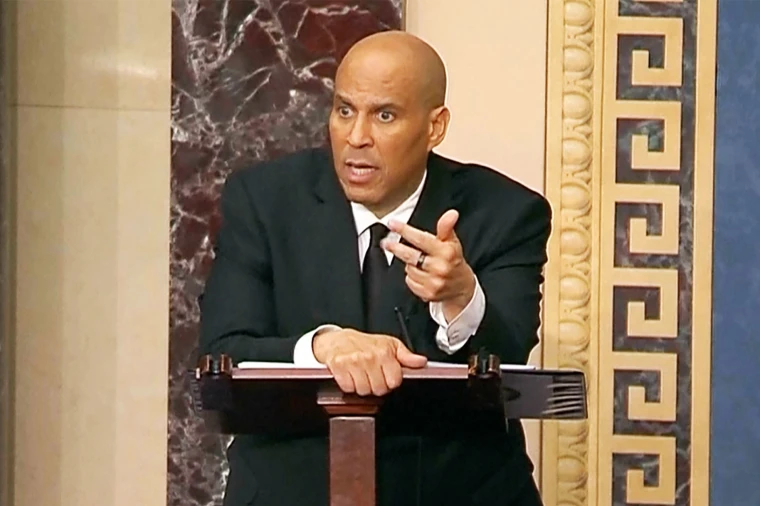The BHS senior class is turning 18, just in time for the 2024 presidential election. Along with reconfiguring both the House of Representatives and the Senate, this election will determine the president for the next four years. This comes at a time of volatile issues: the overturning of Roe v. Wade, record high mass shootings, and the Israeli-Hamas conflict, which has caused a sharp rise in antisemitism and islamophobia. These concerns all coexist, and individuals hope for a candidate who is most aligned with their ideals. In this time of high tension domestically and abroad, it is important to have a deep understanding of who each candidate is and what they stand for. A lot seems to be at stake in this presidential election, so new and old voters alike need to understand the complexities of each runner and use their vote carefully.
With the election about a year away, this is the time for future voters to learn about those vying for the presidency. To do this, it is important to consume information on the candidates in a variety of ways.
The first way to do this is to watch the presidential debates. The Republican Party debates have started, which are forums between the 2024 Republican candidates. These take place until the primaries – the elections that choose which candidate will represent each political party – which begin in January. All of these debates are important to watch. For one, their responses reveal their attitude and stance toward all kinds of issues. Further, the tone and language choice of candidates can reveal important things about their character. The content of their message is important, but it also is helpful to watch the ways certain candidates carry themselves and interact with their components. These air on cable television, and are available on streaming platforms such as MSNBC.com. It is not too late to rewatch the debates that have already aired and tape the upcoming ones!
That being said, these debates are just snippets, and oftentimes the candidates use their time to slander opponents rather than promote their own views. Although they offer helpful insight into one’s character and views, additional research should be conducted to gain a more comprehensive look at a candidate. Most, if not all, of the runners have been in the government or politically involved at some level. This means that they have already supported and/or created many policies. Actions speak louder than words, especially for politicians, so a great way to understand a candidate is to look up their legislative history. By simply searching a candidate’s name plus “legislation history”, an immense amount of articles, records, and information will come up. Understanding the policies that candidates have helped implement reveals undeniable truths about their vision for the future of the country.
Further, all of the presidential candidates have their own websites. These oftentimes include their policy focus areas, their interviews, and more. Although it is important to recognize that these websites are glossy presentations made by the candidates themselves, all of these websites contain information on their priorities, which is key information for voters to understand.
With politicians come scandals and quarrels. Although each political side may define these differently, it is important to know if and how a candidate has come under fire. A very simple way to do this is to Google a candidate’s name plus “controversy”. This will present all of the actions and words of a candidate that have caused backlash.
While doing this, it is important to understand the bias of each source you are reading from. When reading about the controversy of a candidate, it is best to read about this from a neutral source, but if that is not possible it is crucial to at least understand which way each source you are interacting with leans. While it is important to paint a comprehensive picture of a candidate, this cannot be done without understanding which voices are contributing to your painting. AllSides.com has a reliable media bias chart that illuminates each source’s political bias and provides the best neutral sites.
One of the least biased sites, the Associated Press (AP News), has a constantly updated page titled: Who’s running for president? See a rundown of the 2024 candidates. This provides a quick paragraph of information on every single candidate, from Democrats and Republicans to independents.
If you are looking for an information hub where everything is consolidated, many news sites contain pages titled “Election 2024”. From candidate updates to debate highlights, these pages include major stories about all aspects of the race. Some neutral outlets that have these pages are Reuters, AP News, Wall Street Journal, Forbes, and C-Span. It is important to regularly check these for up-to-date news on the 2024 presidential race.
By doing this, we new voters can educate ourselves so that we use our voices carefully and consciously. Our votes matter, so it is important to thoroughly understand who we are directing them to.









